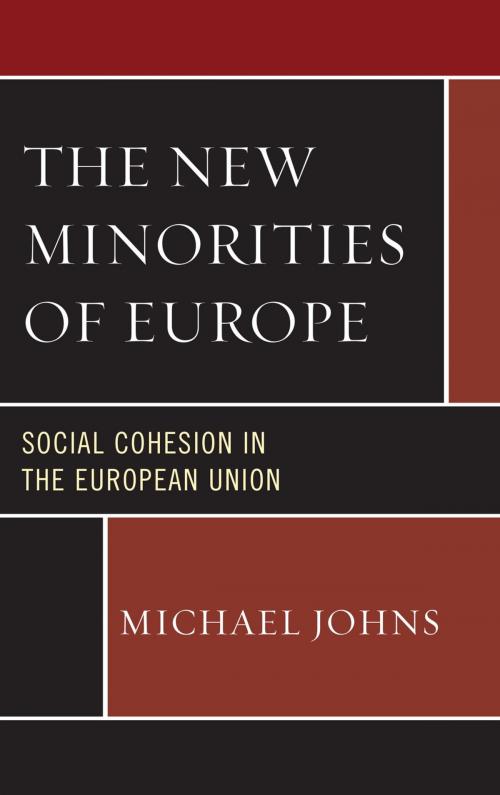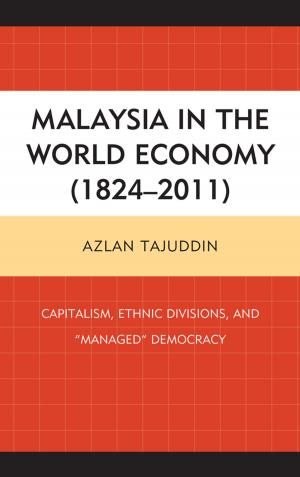The New Minorities of Europe
Social Cohesion in the European Union
Nonfiction, Social & Cultural Studies, Political Science, International, Foreign Legal Systems, International Relations| Author: | Michael Johns | ISBN: | 9780739149508 |
| Publisher: | Lexington Books | Publication: | February 27, 2014 |
| Imprint: | Lexington Books | Language: | English |
| Author: | Michael Johns |
| ISBN: | 9780739149508 |
| Publisher: | Lexington Books |
| Publication: | February 27, 2014 |
| Imprint: | Lexington Books |
| Language: | English |
The New Minorities of Europe: Social Cohesion in the European Unionargues that while the EU currently faces economic issues, it is pressed with larger questions and potential problems due to the backlash against those who move freely inside the union. It uses the intra-EU migrants, particularly the Polish community who moved post-2004 into Britain and to a lesser extent Ireland, as the case through which to examine these issues. The book argues that the traditional definitions of minorities and migrants are no longer valid in the EU and we should look at all groups collectively through a continuum of social cohesion based on their ability to access rights. The book traces the development of free movement in the EU, the movement of the intra-EU migrants, and the challenges and growing chilly climate they and other non-EU immigrants face across Europe. The book concludes with a proposal for the development of a High Commission on Social Cohesion in the European Union similar to the OSCE High Commissioner on National Minorities who could use Quiet Diplomacy to try to work with minority groups in all their forms and the EU member states to address these issues.
The New Minorities of Europe: Social Cohesion in the European Unionargues that while the EU currently faces economic issues, it is pressed with larger questions and potential problems due to the backlash against those who move freely inside the union. It uses the intra-EU migrants, particularly the Polish community who moved post-2004 into Britain and to a lesser extent Ireland, as the case through which to examine these issues. The book argues that the traditional definitions of minorities and migrants are no longer valid in the EU and we should look at all groups collectively through a continuum of social cohesion based on their ability to access rights. The book traces the development of free movement in the EU, the movement of the intra-EU migrants, and the challenges and growing chilly climate they and other non-EU immigrants face across Europe. The book concludes with a proposal for the development of a High Commission on Social Cohesion in the European Union similar to the OSCE High Commissioner on National Minorities who could use Quiet Diplomacy to try to work with minority groups in all their forms and the EU member states to address these issues.















